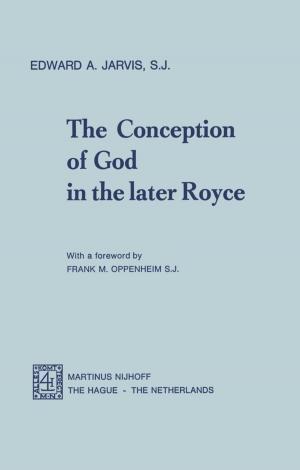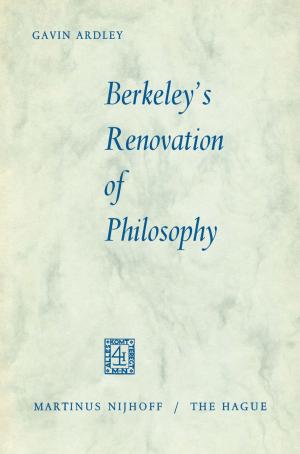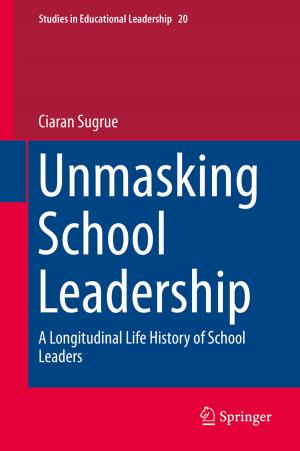Thoughts Concerning Education in the Works of Georg Christoph Lichtenberg
An Introductory Study in Comparative Education
Nonfiction, Reference & Language, Education & Teaching, Educational Theory, Educational Psychology, Philosophy & Social Aspects| Author: | Svein Oksenholt | ISBN: | 9789401510653 |
| Publisher: | Springer Netherlands | Publication: | December 6, 2012 |
| Imprint: | Springer | Language: | English |
| Author: | Svein Oksenholt |
| ISBN: | 9789401510653 |
| Publisher: | Springer Netherlands |
| Publication: | December 6, 2012 |
| Imprint: | Springer |
| Language: | English |
This is an investigation of the thoughts concerning education in the writings of one of the most original educators of the eighteenth century. Unappreciated and largely overlooked - as was Schopenhauer - by the contemporary educators, Lichtenberg nevertheless presented his generation, and generations to come, with some of the most useful (a great life aim of Horace Mann!) suggestions pertaining to education that may possibly be found anywhere in the annals of classical edu cation. Beginning with a biographical sketch of Lichtenberg, it presents an analysis of his philosophy of education, discusses Lichtenberg's thoughts on pedagogy and curriculum, analyzes his conception of morals and religion to the extent that these ideas are specifically related to education, examines his notions of educational psychology, determines Lichtenberg's views on British education in the eighteenth century, compares some of Lichtenberg's educational ideas in the works of contemporary thinkers and educators, notably Schopenhauer, James and Dewey. A concomitant aspect of this book is a portrayal of Lichtenberg as found in his works, viz., as a student, professor, philosopher, educator, moralist, psychologist, comparative educationist, as a searcher for absolute educational truth - attainable only in a world to come. SVEIN 0KSENHOLT, PH. D.
This is an investigation of the thoughts concerning education in the writings of one of the most original educators of the eighteenth century. Unappreciated and largely overlooked - as was Schopenhauer - by the contemporary educators, Lichtenberg nevertheless presented his generation, and generations to come, with some of the most useful (a great life aim of Horace Mann!) suggestions pertaining to education that may possibly be found anywhere in the annals of classical edu cation. Beginning with a biographical sketch of Lichtenberg, it presents an analysis of his philosophy of education, discusses Lichtenberg's thoughts on pedagogy and curriculum, analyzes his conception of morals and religion to the extent that these ideas are specifically related to education, examines his notions of educational psychology, determines Lichtenberg's views on British education in the eighteenth century, compares some of Lichtenberg's educational ideas in the works of contemporary thinkers and educators, notably Schopenhauer, James and Dewey. A concomitant aspect of this book is a portrayal of Lichtenberg as found in his works, viz., as a student, professor, philosopher, educator, moralist, psychologist, comparative educationist, as a searcher for absolute educational truth - attainable only in a world to come. SVEIN 0KSENHOLT, PH. D.















